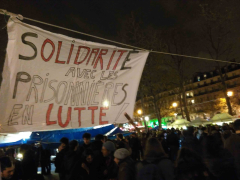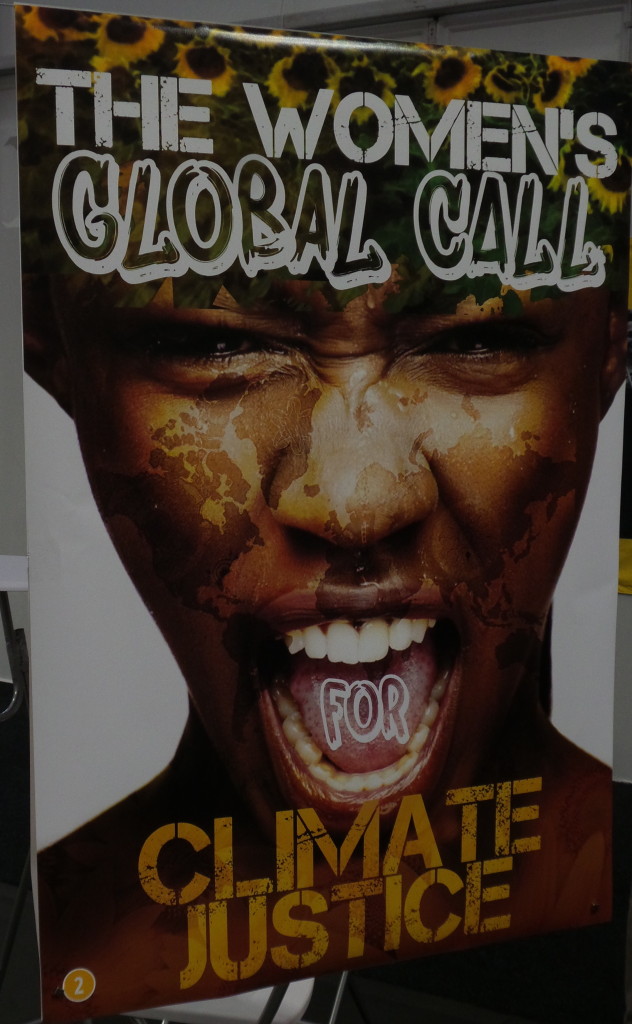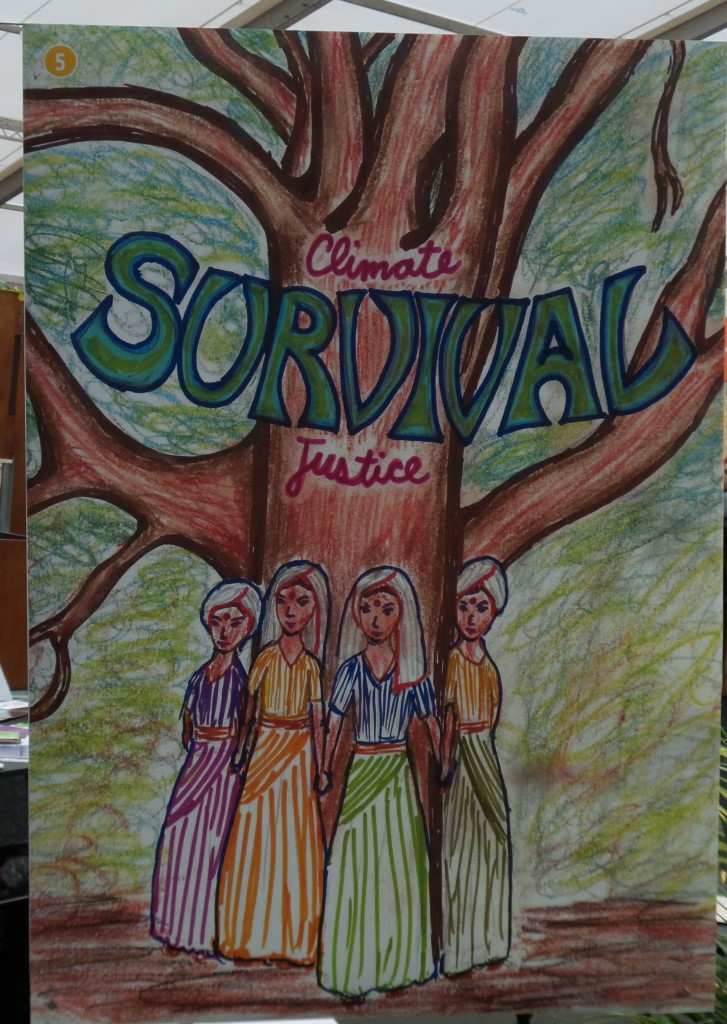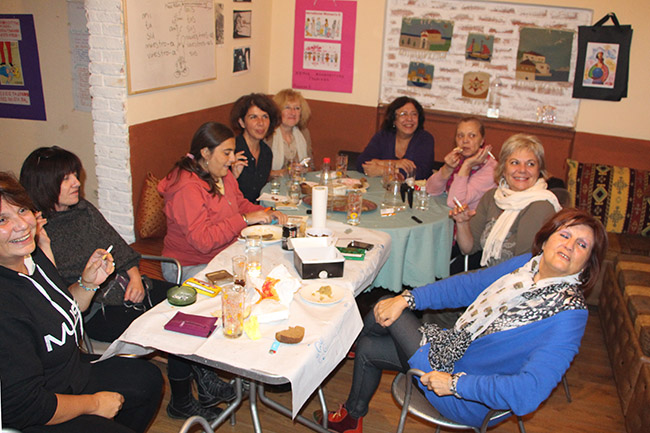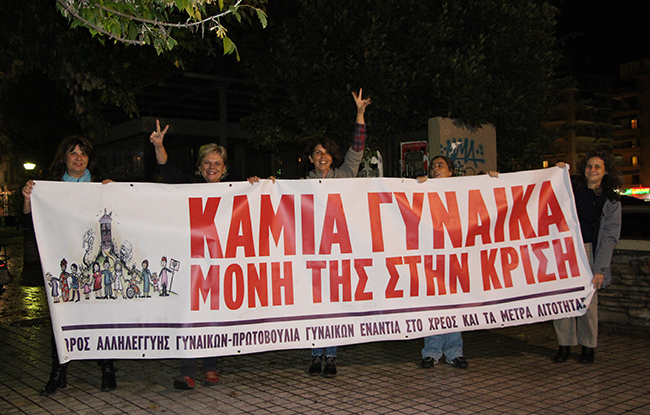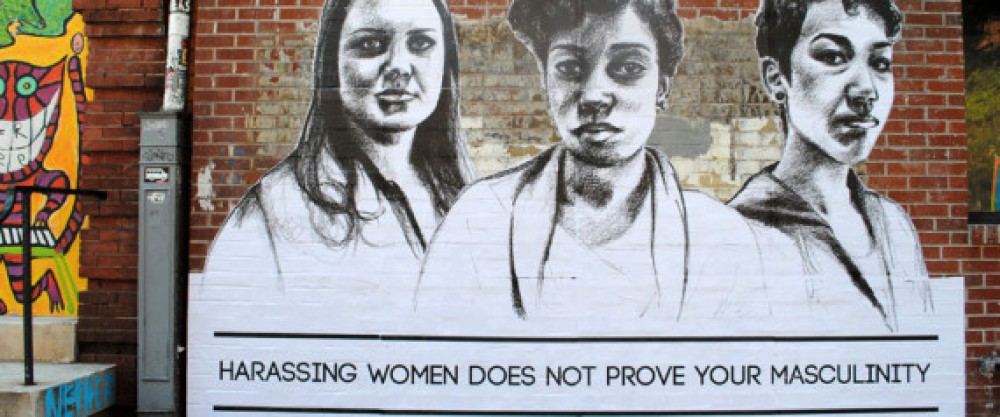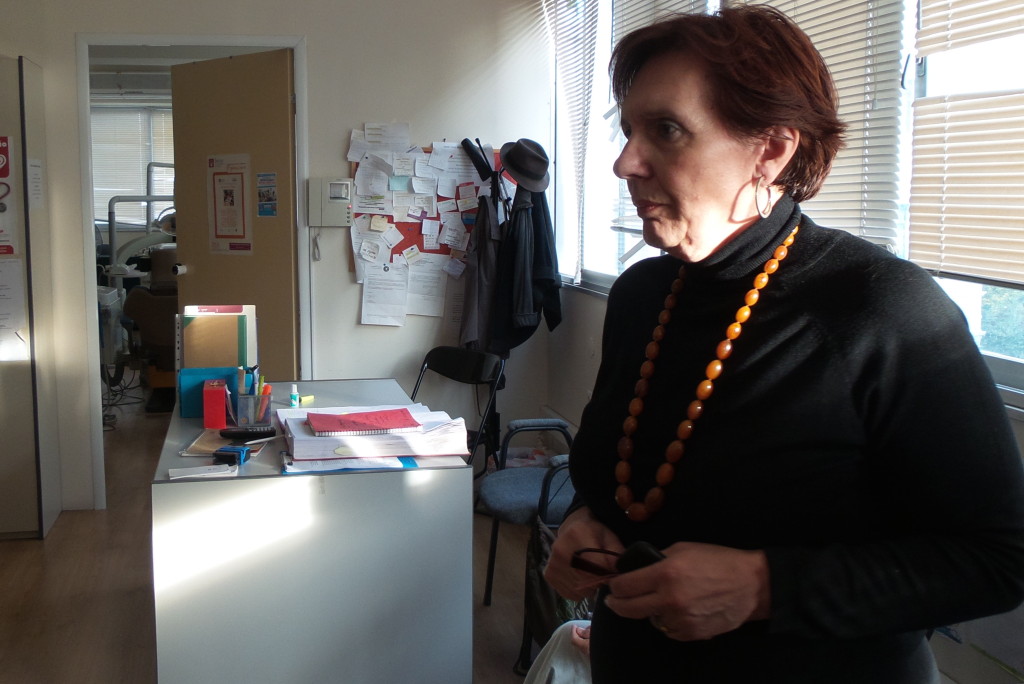
Once more, labor laws and work conditions are under attack in Europe, this time in France. The labor code of France, a heavy book, probably needed some cleaning up as laws had piled up and sometimes were redundant. With the encouragement of the Medef (the union of employers), the current government has undertaken to reshuffle all the principles of labor protection. Using a rare executive order (Article 49-3 of the Constitution), the French President passed a bill that was once opposed by the same Francois Hollande, who then called it undemocratic. Since his action, a movement to remind the government of its democratic responsibility has grown, and demonstrations and strikes succeed each other daily.
The Medef has argued that to create jobs employers must be able to fire more easily with fewer constraints that guarantee employees’ rights. So the French government offered a new labor law that has the potential to erase the type of labor protection that is the basis of labor rights. The bill was largely inspired by other labor bills passed in other European Countries under the aegis of austerity measures. Germany, Great Britain, Italy, Greece, Spain have passed bills to feed the exploitative neoliberal system with precarious labor contracts, called zero hour contract in one place and one-euro jobs in the next. In Greece, despite all the critics, the Troika imposed its memoranda making firing very easy. The minimum wage is now at its lowest level (511Euros for those under 25) and the social security system, which was efficient and inexpensive, is now close to being totally destroyed. Additionally, the dismantling of labor rights is very handy in making migration another source of marketization.
In France, the opposition to the bill first came from the students, who are fairly well unionized in high schools and universities. They immediately organized, understanding that this law would create a transitional system to precariousness for the youth, either for intellectual work or blue-collar jobs. Soon after many unions joined, including the CGT (Confédération Générale du Travail), CGC (Confédération générale des cadres), and FO (Force Ouvrière). Meanwhile, Nuit Debout (Night Standing Up), a rather spontaneous movement, gathered in public squares in various French cities, including Paris, Lyon, Bordeaux, and beyond.
Like other European labor bills, the French labor law is a double sentence for women. The bill ignores women’s rights while asserting its respect for the principle of equality. The bill’s language actually razes all means to attain this infamous gender equality. Flexibility supersedes gender equality. The law will limit the bargaining power of unions and fragment their negotiating power; it will aggravate the asymmetrical relationship between the employers associated with the financial oligarchy and the employees or the labor force in general. The obligations of employers toward their employees will be reduced tremendously. It will reduce the number of days off and possibilities for days off that made the leave of absence system a model for labor organizations.
The notion of flexibility has been used as a mythical term for progress while it’s real meaning for working class and particularly for women is increased precarity. In France, women make 80% of the part time labor force. Women also perform 80% of unpaid domestic work. The employers union never discusses this reality. Flexibility means lowering additional pay for extra hours, reducing delay for notices, and easing the firing process. This assault on workers’ time is a double assault on women workers.
The bill will also weaken the occupational medical system that has provided strong medical protection for employees. The risk in feminized professions of lowering the standard of protection is more than real.
Across France, mobilization is high. Feminists have been in the forefront, sending petitions and organizing demonstrations. The movement is also picking up in Belgium, for the same reasons. To understand what is at stake today, we should reread Emile Zola on the disastrous condition of the working class during the industrial revolution and especially women’s conditions. The struggle continues.

